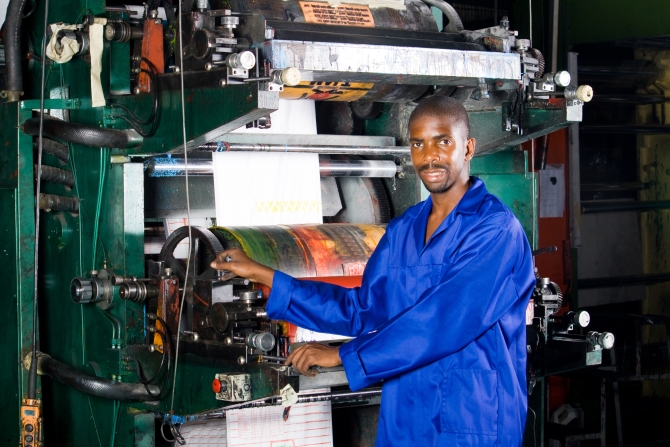As the UK becomes an ever more attractive destination for businesses, manufacturers are increasingly choosing to “reshore” their operations from overseas. But while a new report indicates that this could boost GDP by around £15 billion, a shortage of industrial property and skilled workers threatens to hinder the process.

According to the report, undertaken by EY, bringing UK manufacturing back to Britain in the next decade would create around 315,000 new jobs and boost the economy by a total of £15.3 billion by 2025.
Furthermore, reshoring would go a long way in narrowing the north/south divide when it comes to employment and economy, as many firms considering a return to British shores are expected to take up space in the North West and West Midlands.
Chief economist at EY, Mark Gregory, claims that “the desire to guarantee quality and the imperative to reduce time to market” are two of the main reasons manufacturers are now looking to reverse the offshoring trend. Additionally, he believes “increasing wages in developing countries are eroding their labour cost advantage.”
He says; “Offshoring in the ‘80s and ‘90s saw a dramatic reduction in British manufacturing and a shift to services industries that resulted in a fundamental restructuring of the British economy.
“But the economics underpinning this trend appear to be reversing and presents the UK with a once in a generation opportunity.”
Of course, it is highly unlikely that all British manufacturers will choose to return to the UK, but firms with strong ties to European markets – in the aerospace, defence, clothing and automotive sectors, for example – may take this opportunity to reshore their operations.
The report suggest that the government could encourage reshoring by offering incentives such as tax reliefs to UK businesses currently manufacturing overseas.
However, the major problem facing businesses in the manufacturing industry at present is the supply and demand balance in the commercial property market. Although the industrial property market has not yet seen the growth seen in the office market, a mass reshoring programme could cause major issues if the number of speculative builds in the pipeline remains stagnant.
Another factor is the ongoing skills shortage. Although the government has attempted to address this by offering funding for apprenticeships and placing a greater emphasis on further education, manufacturers believe much more needs to be done to prevent the UK’s booming manufacturing industry from contracting in the future due to a lack of skilled workers.
The West Midlands stands to be one of the big winners in the reshoring rush, with a GDP growth of £1.8 billion by 2025 and the creation of 35,000 jobs predicted. However, without adequate space and staff, manufacturers may find reshoring more difficult to implement than they originally thought.
Previous Post
Tata announces plans for Warwick HQ